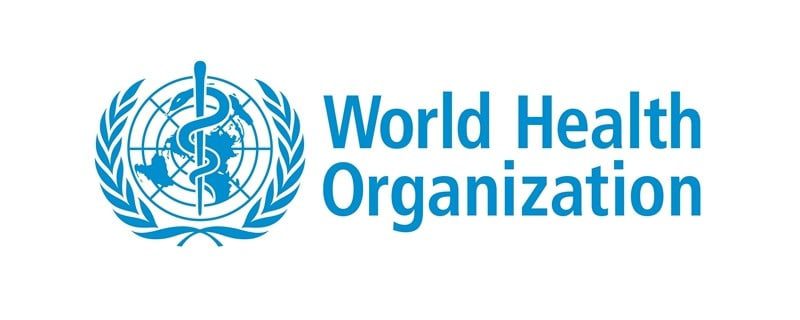The biggest ever global use of cholera quick diagnostic tests started on Friday, as stated by the World Health Organisation and its associates, enhancing the battle against rapidly increasing infections.
Malawi got the first delivery of tests, marking the beginning of a worldwide diagnostic plan designed to accelerate the identification of outbreaks.
In total, over 1.2 million tests will be distributed to 14 high-risk countries in the next few months, according to a statement by the UN health agency.
“Countries that will receive kits in the coming weeks in this biggest-ever global deployment include those currently severely impacted by cholera outbreaks, such as Ethiopia, Somalia, Syria, and Zambia,” the statement said.
The initiative is a joint effort, with the Gavi vaccine alliance handling funding and coordination and the UN children’s agency UNICEF taking care of procurement.
WHO mentioned that it and the Global Task Force on Cholera Control were also providing their support.
The initiative aims to assist countries in hastening and improving the accuracy of cholera outbreak detection and response by enhancing routine surveillance and testing capacity, the organisations said.
“We are facing an unprecedented multi-year increase in cholera cases globally, and today’s announcement gives a crucial boost in the battle against the disease,” Gavi’s chief programme officer Aurelia Nguyen said in the statement.
Cholera, which is caused by a bacterium typically transmitted through contaminated food or water, leads to diarrhea and vomiting and can be particularly perilous for young children.
Cases have been increasing in recent years, with 473,000 reported globally to WHO in 2022 — twice the previous year — and preliminary data indicating that over 700,000 cases were reported last year.
The soaring number of outbreaks has led to an unparalleled demand for vaccines from impacted countries.
Despite the fact that the global supply of oral cholera vaccines expanded eighteen times between 2013 and 2023, the surging demand has created a global shortage, as stated in Friday’s announcement.
Last month, WHO called for “immediate action” to address the shortage, warning of “unprecedented pressure on the global stockpile of vaccines”.
According to Friday’s statement, the situation has resulted in delays in preventive vaccination campaigns to preserve doses for emergency outbreak responses.
At the same time, repeated outbreaks in countries where emergency vaccination campaigns have already been conducted illustrate a clear need to enhance the speed and precision in identifying areas where new or persistent transmission is taking place.
“Surveillance diagnostics help pinpoint hotspots with great precision.
“This enables partners to target cholera vaccines to precisely the time and place where the limited supply will save the most lives,” Leila Pakkala, head of UNICEF’s supply division, said in the statement.
AFP



